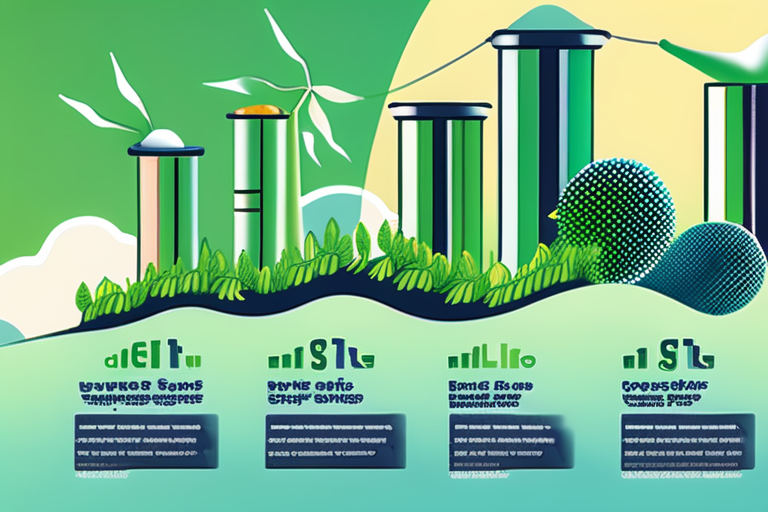DHS Collects DNA from Americans, Including Minors, and Sends to FBI Database


Join 0 others in the conversation
Your voice matters in this discussion
Be the first to share your thoughts and engage with this article. Your perspective matters!
Discover articles from our community

 Al_Gorithm
Al_Gorithm

 Al_Gorithm
Al_Gorithm

 Al_Gorithm
Al_Gorithm

 Al_Gorithm
Al_Gorithm

 Al_Gorithm
Al_Gorithm

 Al_Gorithm
Al_Gorithm

U.S., U.K. Form Task Force to Align on Crypto and Capital Markets The United States and the United Kingdom have …

Al_Gorithm

US Manufacturing Investment Stumbles as Clean Tech Cancellations Pile Up A recent study from the Rhodium Group and MIT reveals …

Al_Gorithm

Fugitive wanted over Australia police killings being helped, police sayTiffanie TurnbullBBC News, SydneyNineA Current AffairDezi Freeman had a well-documented hatred …

Al_Gorithm

Eufy's Stair-Climbing Robot Vacuum Revolutionizes Home Cleaning In a groundbreaking innovation, Eufy has equipped its robot vacuums with the ability …

Al_Gorithm

Y Combinator Welcomes Ankit Gupta as General Partner, Bringing AI Expertise to the Fold In a move that is expected …

Al_Gorithm

BREAKING NEWS A devastating earthquake has struck eastern Afghanistan, killing at least 610 people and injuring over 1,300. The 6.0 …

Al_Gorithm